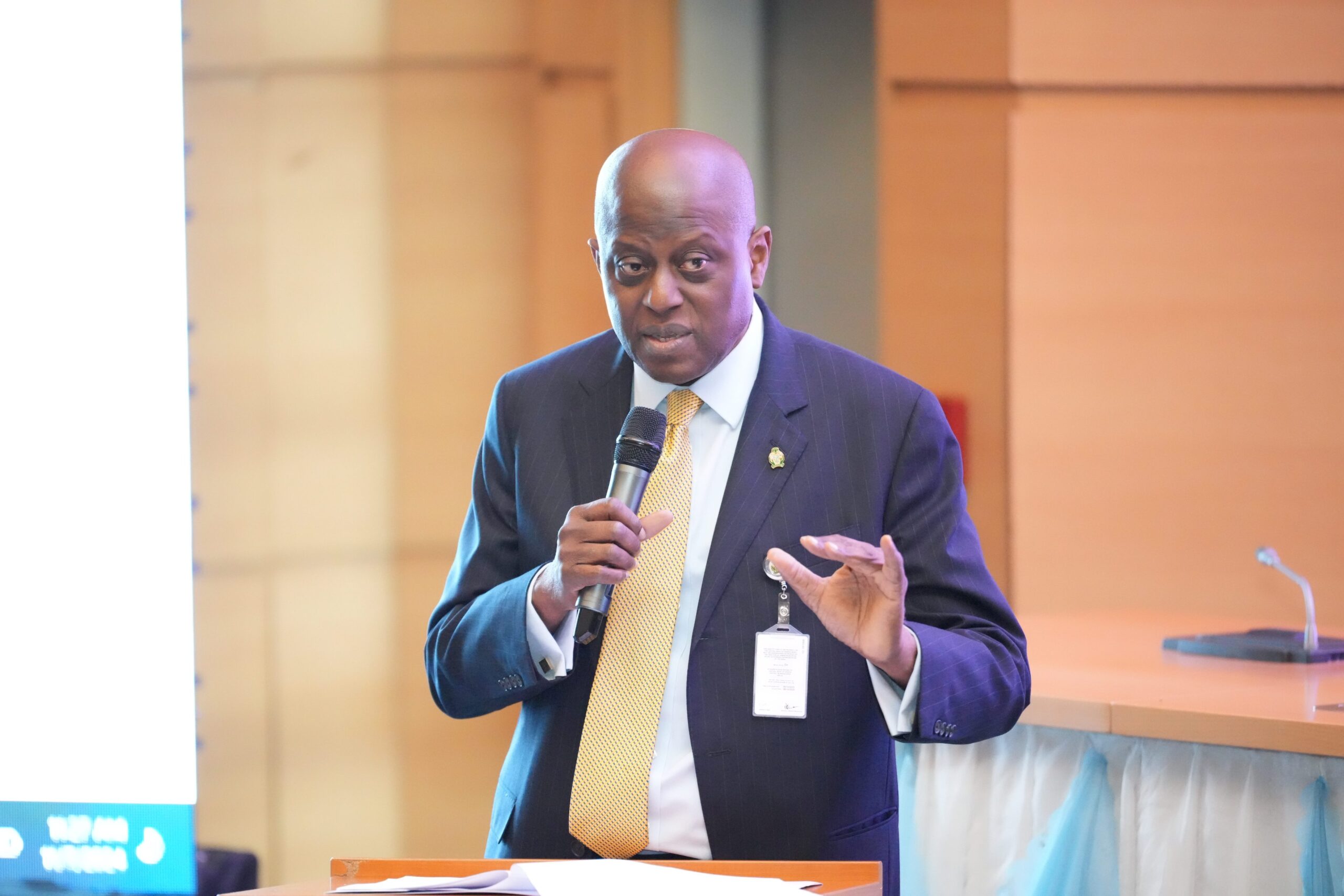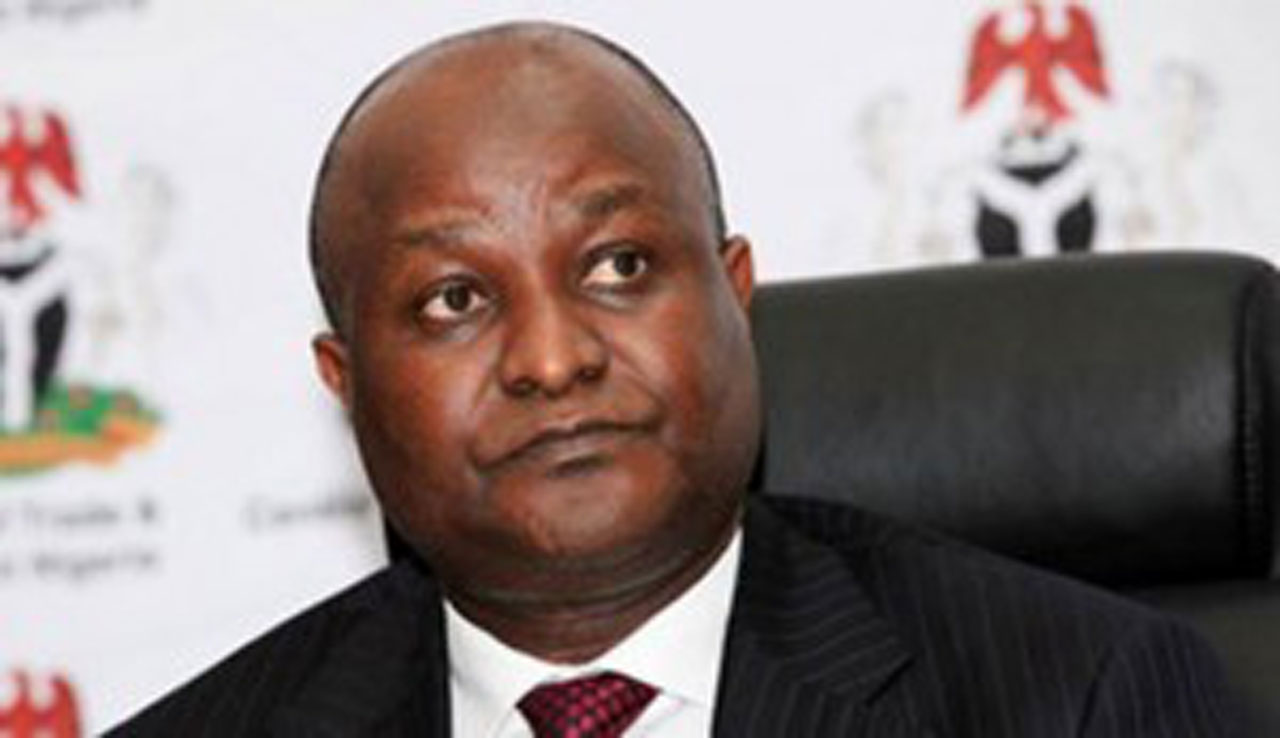
We’re still studying data, says Cardoso
Despite the newly rebased economy that brought inflation down from 34.8 per cent to 24.48 per cent in December last year, the Monetary Policy Committee (MPC) of the Central Bank of Nigeria (CBN) has restored all the rate parameters.
Announcing the decision after the two-day 299th MPC meeting in Abuja, yesterday, CBN Governor, Yemi Cardoso, stated that the bank was still analysing the new rebased parameters for inflation calculation by the National Bureau of Statistics (NBS).
Even with the favourable new figure, Cardoso refuted the insinuation that inflation is declining in the country.
However, he observed that inflation was moderating, judging from the prices of food items in the past few weeks.
MPC retained the monetary rate at 27.50 per cent, retained the asymmetric corridor around the Monetary Policy rate (MPR) at plus 500 to minus 100 basis points, retained the cash reserve ratio of deposit money banks at 50 per cent and merchant banks at 16 per cent. It also retained the liquidity ratio at 30 per cent.
Cardoso explained that in retaining the rates, the committee considered the recent positive macroeconomic developments, which are expected to positively impact price dynamics in the near to medium term.
He mentioned the stability in the foreign exchange market, with the resultant appreciation of the exchange rate and the gradual moderation in the price of PMS.
However, he said committee members were not oblivious to the risk of persisting inflationary pressures, driven largely by food prices.
On rebasing the Consumer Price Index (CPI) by NBS, which reviewed the weights of items in the consumption basket to reflect present consumption patterns, he noted that as the Federal Government continued to improve security in food-producing communities, supported by other measures to enhance food supply, food prices were expected to continue to moderate.
Cardoso insisted that the FX code, removal of subsidy and closure of multiple exchange rates resulted in a stable exchange rate market.
While uncertainty pervades the global economic space, in addition to the legacy risks, the adoption of increased tariffs by the new United States administration against its trading partners and retaliatory tariffs may result in elevated inflation and tempered growth in 2025.
He maintained that the orthodox measures the CBN put in place were working.
An investment banker, Tolulope Alayande, is of the view that the CBN took the best option. According to him, it does appear that the Nigerian economy is gaining some strength now, but such a moment needs to be sustained for a while.
On his part, Mohammed Ande, a retired banker, noted that the MPC did not disappoint analysts and experts.
Also, the Director of the Centre for the Promotion of Private Enterprises (CPPE), Muda Yusuf, welcomed the decision, describing it as a necessary step to prevent further financial strain on businesses and individuals.
Yusuf noted that following the recent rebasing of inflation calculations, Nigeria’s inflation rate “is now lower than the MPR”.
Banking and Finance professor at the University of Nigeria, Nsukka (UNN), Prof Chude Nwude, argued that the reported decline in inflation was misleading.
He attributed the lower inflation figure to a methodological change in rebasing the CPI with December 2024 as the base period, rather than 2009.
According to him, food prices, energy costs and exchange rate-induced inflation remain high, meaning the cost of living has not truly improved.
Vice President of Highcap Securities, David Adonri, warned that holding rates at current levels was risky, given potential external shocks and excessive government spending from a large fiscal deficit.






